Newsdesk Archive
Astronomers have discovered the most distant known black hole: a so-called quasar whose light has taken 13 billion years to reach us. In consequence, the light shows that quasar as it was 13 billion years ago, a mere 690 million years after the Big Bang.

Assembling "Little Foot," the oldest hominid skeleton ever found in Southern Africa, was an effort that took more than 20 years.

These biological limitations may be affected by anthropogenic impacts on the environment - including climate change - which could have a deleterious effect on these limits. This review is the first of its kind spanning 120 years worth of historical information, while considering the effects of both genetic and environmental parameters.

The hunter-gatherers of the Natufian Culture, which existed in modern-day Israel, Jordan, Lebanon and Syria between c. 14,500 - 11,500 years ago, were some of the first people to build permanent houses and tend to edible plants.

How could people living during the Bronze Age pull off the difficult process of making iron? They didn't, concludes a new study, instead they got the iron for the rare, few iron artifacts discovered from the period in an easy-to-use form: meteorites hitting Earth.

Students are part of a drill that tests astronomers' ability to respond to a highly unlikely — but not impossible — scenario: an asteroid on course to collide with Earth.

Hong-Kong-based Asteroid Ltd. has launched one of the most-anticipated ICOs this year in their mission to establish a blockchain-based mechanism to oversee claiming rights to more than half a million asteroids already identified within Earth’s celestial orbit.
The oldest known copy of a text claiming to be Jesus' teachings to his brother James has been discovered in an ancient Egyptian trash dump, scattered among piles of fifth-century papyrus, ancient tax receipts and bills of sale for wagons and donkeys.

Immediately after Trump signed the Bears Ears proclamation, the Navajo Nation, along with four other tribes, announced they will collectively be filing a lawsuit against the administration.

Australia will have asteroid mining before we have people living on Mars, according to leading Australian scientists.
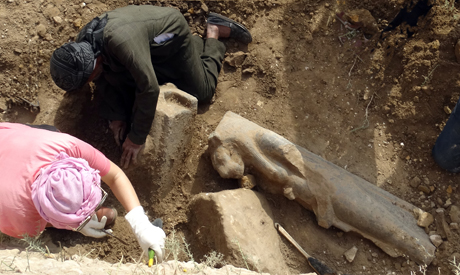
A collection of 27 fragmented statues of the goddess Sekhmet has been unearthed at the King Amenhotep III funerary temple on Luxor’s west bank.

100 years ago this weekend, a meteorite ended its 4.5 billion-year journey through space when it blazed across the skies and crashed into the Strathmore countryside.

The parent asteroid of December’s Geminid meteor shower, 3200 Phaethon, is about to make a historically close flyby. Get ready to watch it race across the sky.

Droves of people in America continue to believe the planet is flat and stationary. We wondered what they thought about other planets in our celestial neighborhood...

The varied sex lives of a type of green algae have enabled a University of Adelaide researcher to test a theory of why there are males and females.

At the Sungir Upper Paleolithic site bone jewelry has been discovered and found to serve numerous purposes in the daily lives of our prehistoric ancestors.
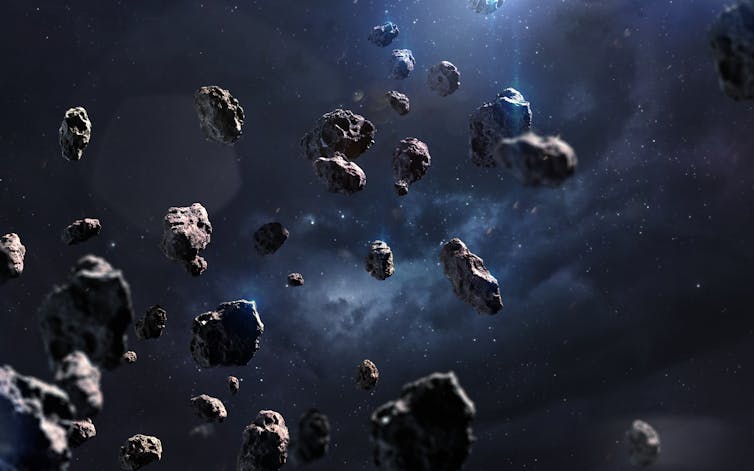
Scientists think Psyche could be what’s left of an exposed metal core of a planet very similar to Earth.
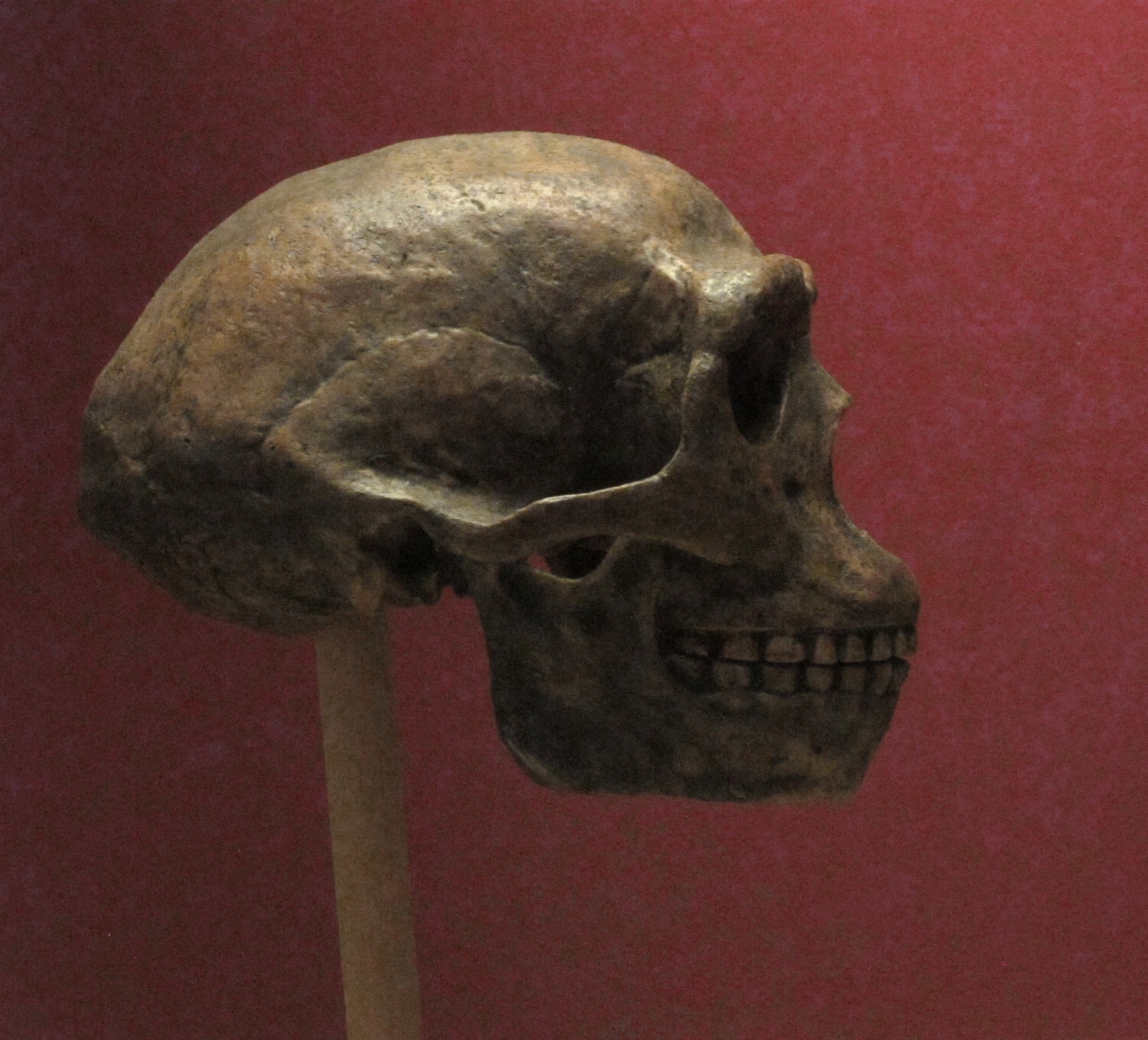
It is believed the bones could hold the key to the mystery of human language.

In a study published November 29 in the journal PLOS ONE, a group of researchers from across the country predicted that rising sea levels will submerge more than 13,000 archaeological sites in the southeastern United States by 2100.
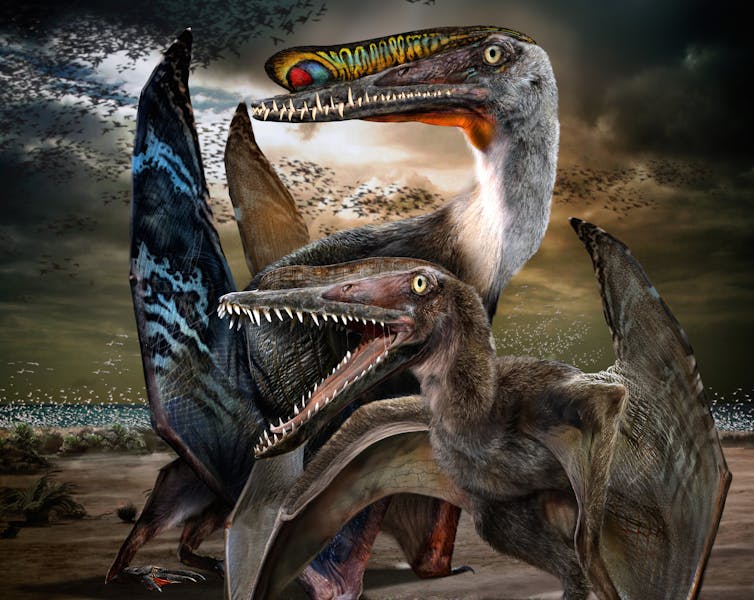
Newly released research into over 200 eggs and 16 embryos from the pterosaur Hamipterus, including the first computed tomography (CT) scans, eclipses what was previously known about these cousins of the dinosaurs.

Scallops may look like simple creatures, but the seafood delicacy has 200 eyes that function remarkably like a telescope, using living mirrors to focus light, researchers said Thursday.

According to NASA, when the Moon is in that perigee position, it can be up to 14 percent closer to us than it is at apogee - its farthest distance from our planet, also known as the micromoon.

For years the survival of the ancient peoples of the Southwest, the ancestors of the modern Pueblo, were believed to have lived primarily off of corn crops. But in many parts of the region, there was little to no evidence of actual corn growth – and the soil in much of the region appeared to be too poor for cultivating maize.

A group led by Vladislav Zhitenev found out that many items were crafted specifically for burial purposes, while others were worn on a daily basis.

Anchiornis had four wings as well as multiple rows of feathers that could have helped provide some aerodynamic lift.
This "hallucination machine" isn't just for entertainment; it opens new avenues into research on visual hallucinations, according to a new study.

Researchers have discovered an unexpected painting after graffiti was removed at a cave in the Southern Urals – a double-humped camel. Now they are explaining what it means about Upper Paleolithic travel and art.

Instead of giant teeth and a menacing frame, the fishes that roam in the deepest parts of the ocean are small, translucent, bereft of scales—and highly adept at living where few other organisms can.

The tiny sea critter that lived more than 500 million years ago has been described as a “mythical beast” by researchers.

Bones from Europe show that women worked so hard during the dawn of farming they were almost uniformly buffer than today's elite rowers.

The British Museum and Google announced the results of a project to digitise and disseminate Maudslay’s incredible collection, one which has largely kept in storage unseen for more than 100 years.
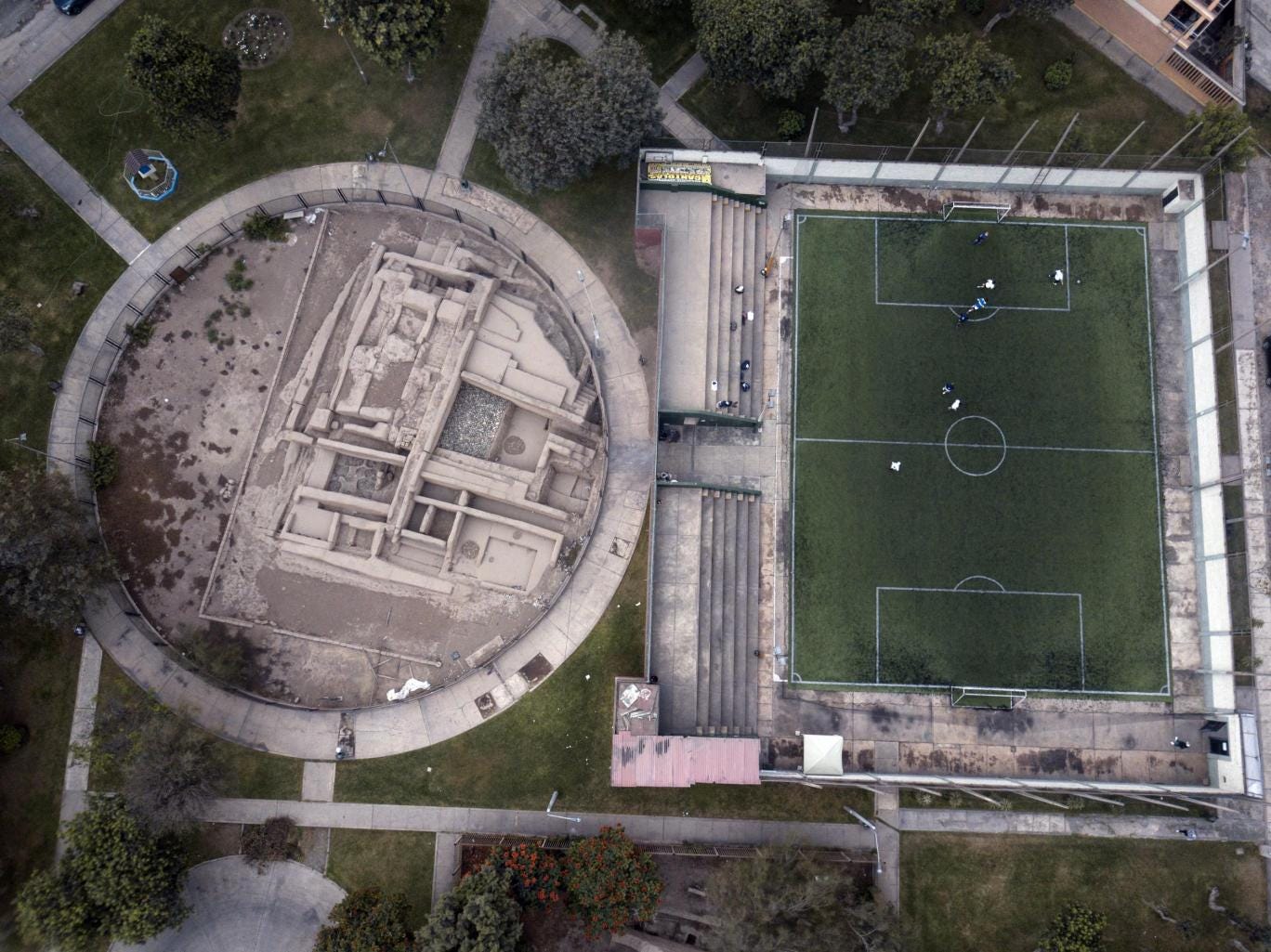
A team of archaeologists and officials in Peru are ramping up efforts to preserve the country’s ancient ruins amid concerns that many of them are under threat due to urban development.

Tests carried out on the remains of a limestone cave in the Church of the Holy Sepulchre, in Jerusalem, date it back to around 345 CE. Previous evidence had only dated the tomb back 1,000 years, to the Crusader period.

Based on new evidence, the team suggests that the first landing of Julius Caesar's fleet in Britain took place in 54BC at Pegwell Bay on the Isle of Thanet, the north—east point of Kent.

Did gold come from the skies? Who placed it in the Earth's core then? An intriguing mystery for mankind since the ancient times might just be answered by researchers soon.

Scientists have long wondered how giant boulders—like the multiton, automobile-size rocks that dot this shore in northwestern Ireland—got here. Were they carried by a tsunami triggered by an asteroid impact at sea?

The best look yet at supposed Yeti samples also offers valuable insight into the genetic histories of rare Himalayan bears.

Much of the Indus civilization developed around an extinct river, challenging ideas about how urbanization in ancient cultures developed, scientists have discovered.

By listening to the calls of their brethren, chimps seem to be able to understand the mindsets and perspectives of other chimps, Jason Goldman reports.
The devices, described in the Proceedings of the National Academy of Sciences, offer a new way to give soft robots super-strength, which could be used everywhere from inside our bodies to outer space.
Archaeologists rediscovered a giant geoglyph of a killer whale, etched into a desert hillside in the remote Palpa region of southern Peru, after it had been lost to science for more than 50 years.

An international team of researchers has discovered a previously unrecognized genus of extinct horses that roamed North America during the last ice age.

Conventional wisdom holds that prehistoric villagers planted corn, and lots of it, to survive the dry and hostile conditions of the American Southwest. But professor Alan Sullivan is challenging that idea, arguing that people routinely burned the understory of forests to grow wild crops 1,000 years ago.

In the underground rivers and flooded caves of Mexico's Yucatan Peninsula, where Mayan lore described a fantastical underworld, scientists have found a cryptic world in its own right.

Neves believes in ‘bouncing cosmology’ – where the universe contracts in a Big Crunch, giving way to an eternal succession of universes.

Archaeologists have uncovered what they believe was a prehistoric school, where the ancestors of modern humans taught their children how to survive by manufacturing flint instruments and dismembering animals, 400,000 years ago.
Fast-moving dust could theoretically knock microbes floating high up in a world's atmosphere out into space, potentially sending the bugs on a trip to another planet — perhaps even one orbiting a different star, says a new study.

Next month, 3200 Phaethon will zoom by at 6.2 million miles from Earth, which, in space terms, is nearly too close for comfort.
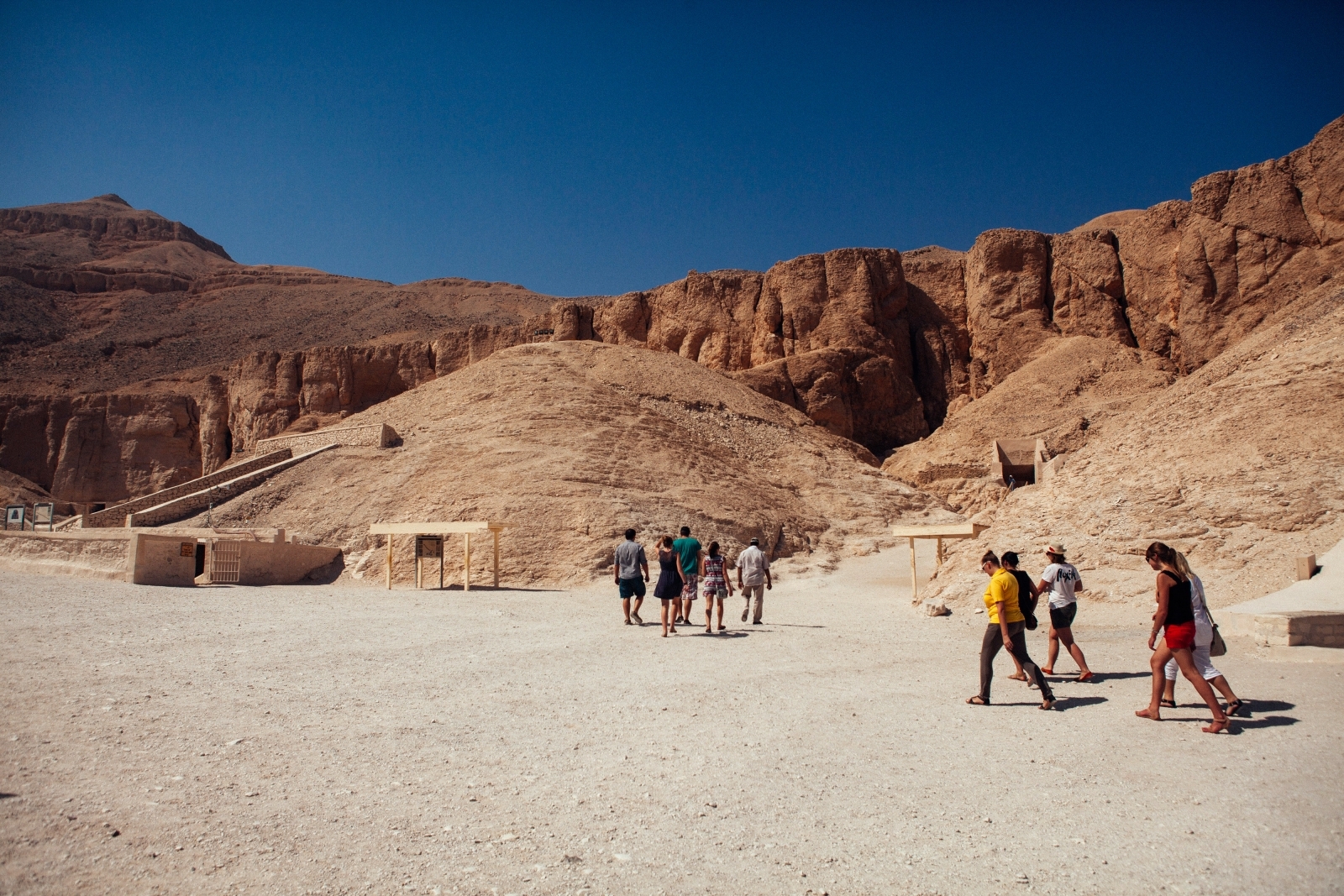
Archaeologists in Egypt have discovered the ruins of an ancient city and an adjoining cemetery that date back 7000 years to 5,316 BCE. According to a statement by the antiquities ministry, the site can be traced back to Egypt's First Dynasty.

It was, in fact, a violent and otherworldly event – an asteroid strike that hit 15 million years ago – that led to the strange reality of Nördlingen becoming Germany’s diamond-clad town.

Back in October, the announcement that the first interstellar asteroid triggered a flurry of excitement. Since that time, astronomers have conducted follow-up observations of the object known as 1I/2017 U1 (aka. 'Oumuamua') and noted some rather interesting things about it.
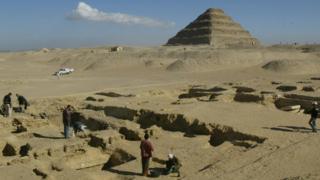
A 95-year-old Australian woman has found herself at the centre of an international row over her collection of ancient Middle Eastern artefacts.
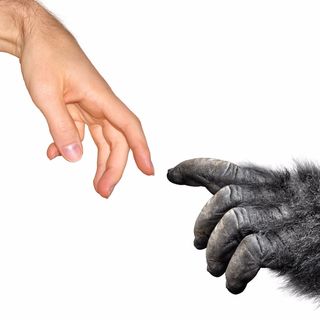
A groundbreaking project unearths small but distinct evolutionary differences related to dopamine production in the neocortex and gene expression in the cerebellum (Latin for "little brain") that appear to make the human brain unique.
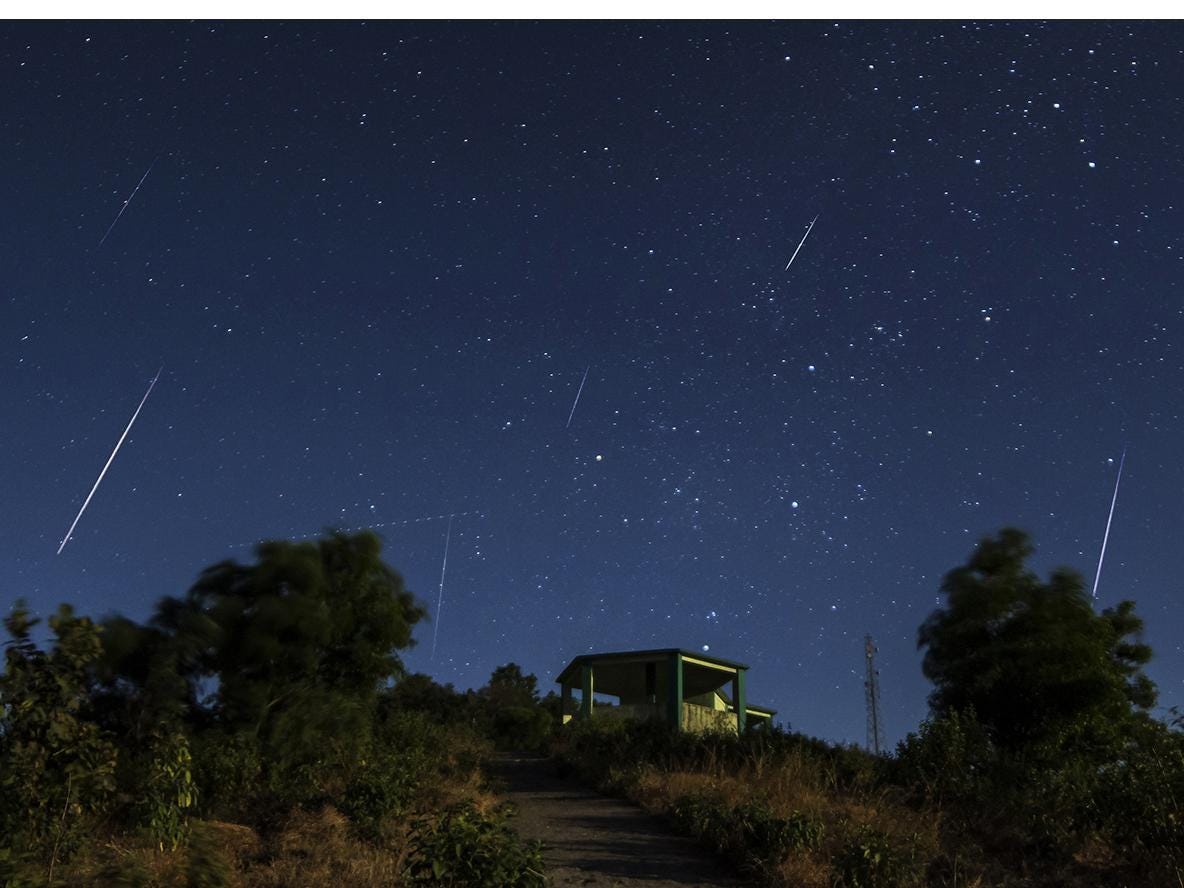
As our planet moves through the debris field left by the Phaethon asteroid next month, flashes and trails of light will be visible overhead – as long as the weather is clear. This year it is predicted to come within about 6.4m miles of Earth, a particularly close approach.

The Great Mayan Aquifer Research Project team led by underwater archaeologist Guillermo de Anda, has been investigating a labyrinth of tunnels inside the Mesoamerican step-pyramid, which has led to the passage presumed to be the pathway to an unexplored underwater cave below.

Experts believe the artifact, almost-perfectly shaped but broken in two pieces, is an approximately 2,000-year-old "suzuri" inkstone, making it the first discovery of an inkstone bearing ink and retaining its shape.

Some of the world's most ancient art could be protected with a new app designed by Newcastle University heritage and software experts. GPS locates the site of the rock art, and users then log its condition. It registers the state of the motifs and any potential threats – such as damage from being driven over or livestock.
Containing many woodworking tools such as axes, the uncovered workshop has been said to date back to the reign of King Thutmose III and the early rule of King Amenhotep II of the 18th Dynasty, some 3,500 years ago. The axe is of particular importance as it is the first Syrian-style axe discovered in Egypt so far, hinting at the strong relations between Egypt and Syria in ancient history.

Chickens were likely first domesticated about 5,400 years ago in Southeast Asia, although archaeological evidence of wild chickens goes back even further, to a 12,000-year-old site in northern China. One of the main research questions, however, remains: how did they get to the Americas?

The National Football League has scheduled a high-profile game between the New York Giants and Washington DC’s football team, which uses a disgusting racial slur against Native Americans who have been oppressed for generations.

Flint tool school? Rocks that hominin kids seem to have practiced on, found in Qesem Cave in Israel, suggest that modern humans may have developed much earlier than thought
A rare, indigenous-made map of Mexico from the era of the Nahuatl people's first contact with Europeans is now in the collection of the U.S. Library of Congress.

Researchers have hypothesized that the universe contains "dark matter." They have also posited the existence of "dark energy." These two hypotheses account for the movement of stars in galaxies and for the accelerating expansion of the universe. But according to a researcher at UNIGE, these concepts may be no longer valid, as universal phenomena can be demonstrated without them.
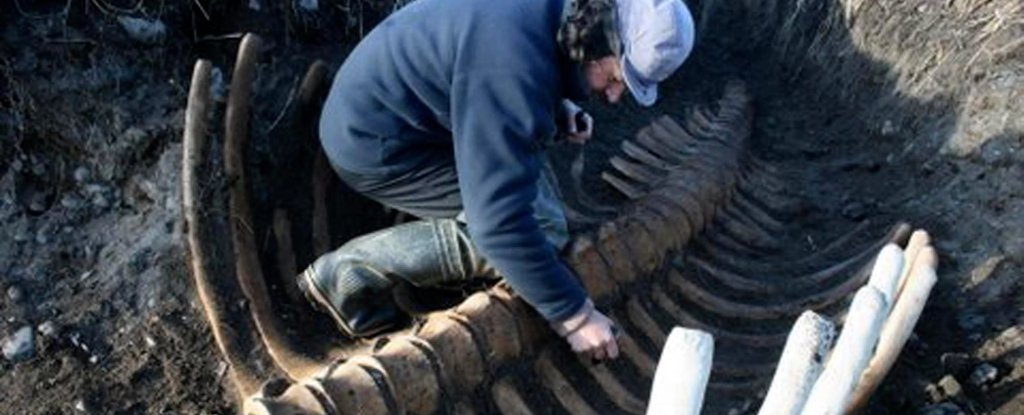
The massive bones unearthed on an isolated Bering island belong to an animal that's been extinct for nearly 250 years - the giant Steller's sea cow. And the skeleton's excellent condition has researchers excited to learn more about the long-gone species.

The DNA in dental plaque contains a gold mine of information about the past—and may even help demystify the settlement of Polynesia.
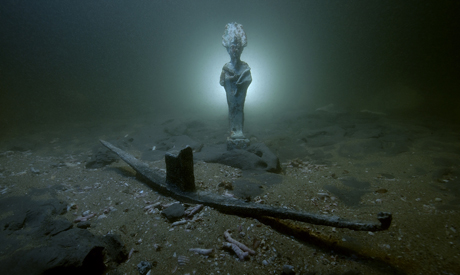
Three Roman shipwrecks and an ancient Egyptian votive bark to the god Osiris were discovered earlier this week on the Mediterranean seabed near the Egyptian city of Alexandria, along with a collection of smaller artefacts.

First domesticated 10,000 years ago in the Fertile Crescent of the Middle East, wheat and barley took vastly different routes to China, with barley switching from a winter to both a winter and summer crop during a thousand-year detour along the southern Tibetan Plateau, suggests new research.

Earth's Moon had a rough start in life. Formed from a chunk of Earth that was lopped off during a planetary collision, it spent its early years covered by a roiling global ocean of molten magma before cooling and forming the serene surface we know today.

Why haven’t mastodons been found further inland in that part of the country? Clearly, the stories from Diamond Valley Lake have only just begun to emerge.

The documentary’s marvels are not just new to television – many are new to science as well. From hyper-intelligent fish to the origin of life itself, we round up the series’s biggest discoveries.

An investigation by the University of Edinburgh discovered that fast-moving streams of interplanetary dust are capable of delivering tiny organisms able to survive in outer space.

A star-forming galaxy 12.8 billion light-years away offers insight into the early days of our universe after the Big Bang roughly 13.7 billion years ago.
Past periods of slow rotation over the last 100 years have coincided with more earthquakes than average, according to research presented last month at the annual meeting of the Geological Society of America.

A new scientific study has found that the earliest inhabitants of Upper Mustang, who arrived some 3,000 years ago, originally came from the north and the Tibetan plateau, according to a distinguished professor of anthropology at the University of California, Merced.
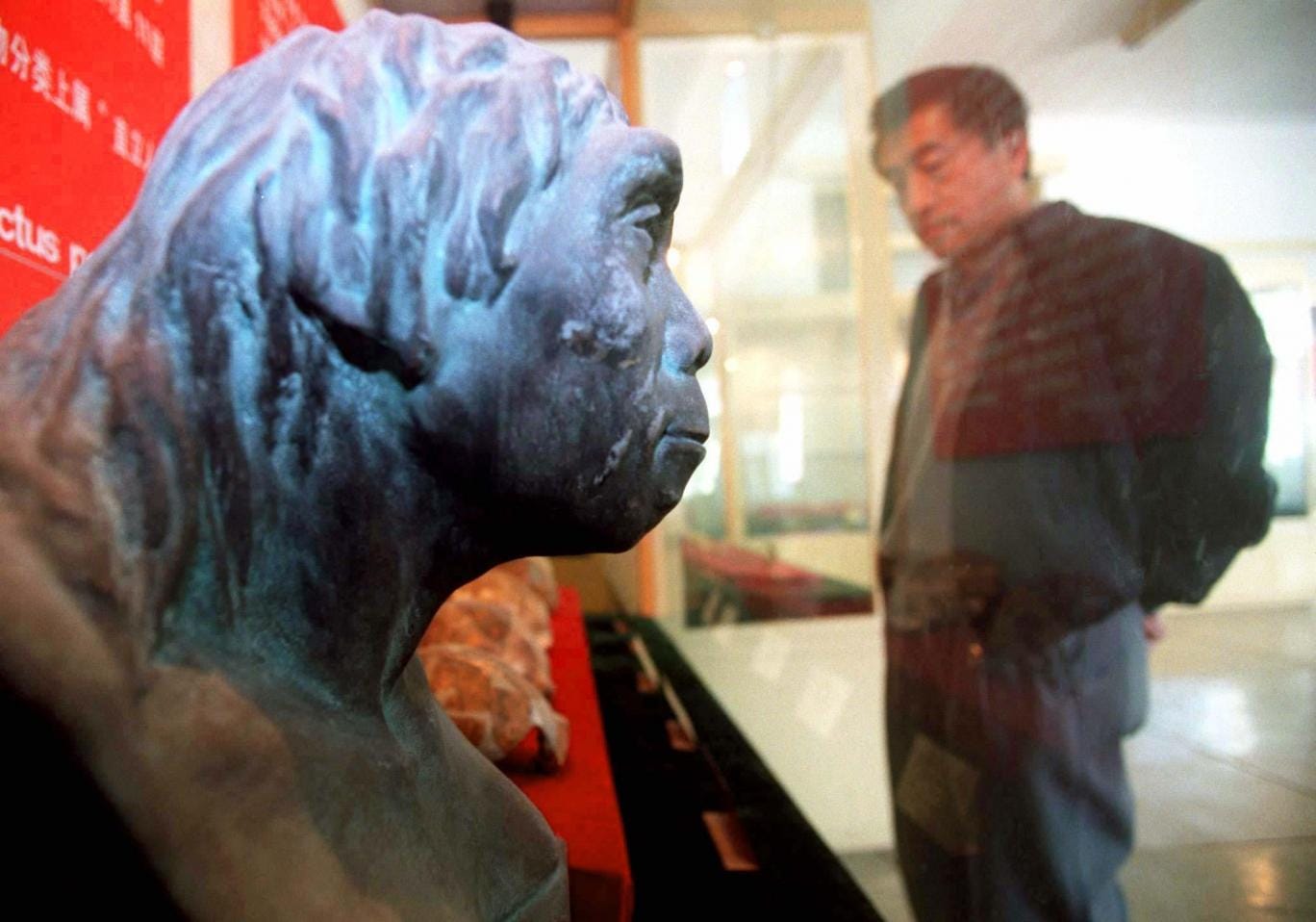
The beginning of modern humans could be a far more complex, spread out thing than we ever thought before.
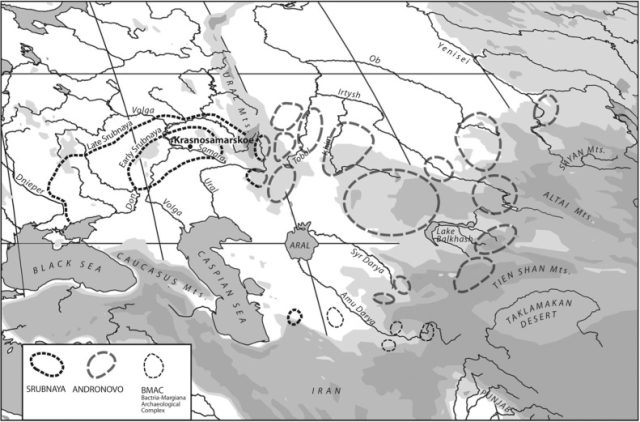
Ancient structure full of charred dog bones points to a ritual related to werewolf myths.

The site is an Early Neolithic long barrow known as “Cat’s Brain” and is likely to date to around 3,800BC.

Marine archaeologists made a superb find at the bottom of Turkey’s largest lake – a very well-preserved castle dating back 3,000 years. It was likely built by the mysterious Urartian civilization which inhabited the surrounds of Lake Van during the Iron Age.

An analysis of more than 30 newly discovered graves could give us our best clue yet on how the Dead Sea Scrolls were ushered into modern history.

Archaeology has provided precious little evidence for the biblical account of a powerful Judaic kingdom 3,000 years ago, but the sheer extent of copper mining in Timna, when Egypt was in a state of collapse, is otherwise hard to explain.

The #NAIDOC2018 theme celebrates the essential role that Indigenous women have played, and continue to play, as active and significant role models at the community, local, state and national levels.

In October 2017, Japan’s Selenological and Engineering Explorer probe discovered a massive underground cave on the Moon. The space, which is 100 meters (328 feet) wide and 50 kilometers (31 miles) long, is being touted as a potential location for a lunar station.
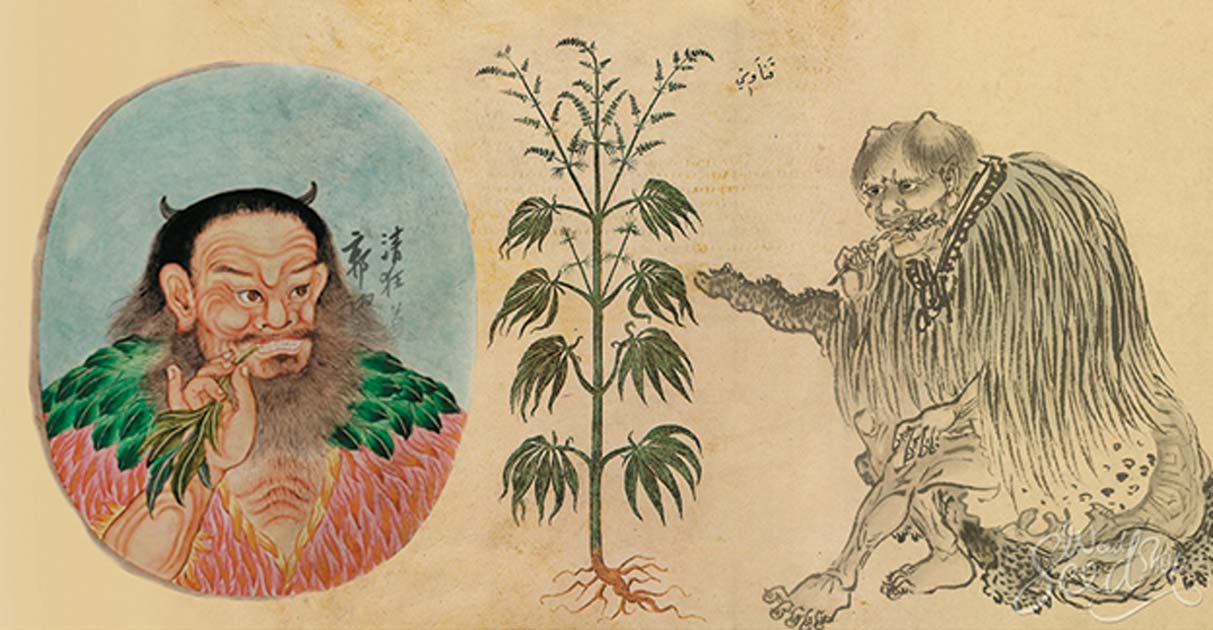
A team of archaeologists, led by Hongen Jiang from the University of the Chinese Academy of Sciences, found nearly two pounds of a dried plant that was still untouched after “hiding” for thousands of years underground.

Mapping the genomes of our ancestors has allowed scientists to uncover secrets and discover new mysteries in our evolution.

The discovery of old dates at Madjedbebe does not make the history of the site any more or less significant. It simply reminds us that science, like history, is an ongoing inquiry. All it takes is a new piece of evidence to turn on its head what we thought we knew. Science is a journey and knowledge is ever evolving.
Paleolithic stone tools in the Mousterian style have been found in north China's Inner Mongolia Autonomous Region, despite the culture generally being associated with Neanderthals from the Old Stone Age in Europe, Central and West Asia, and Northeast Africa.
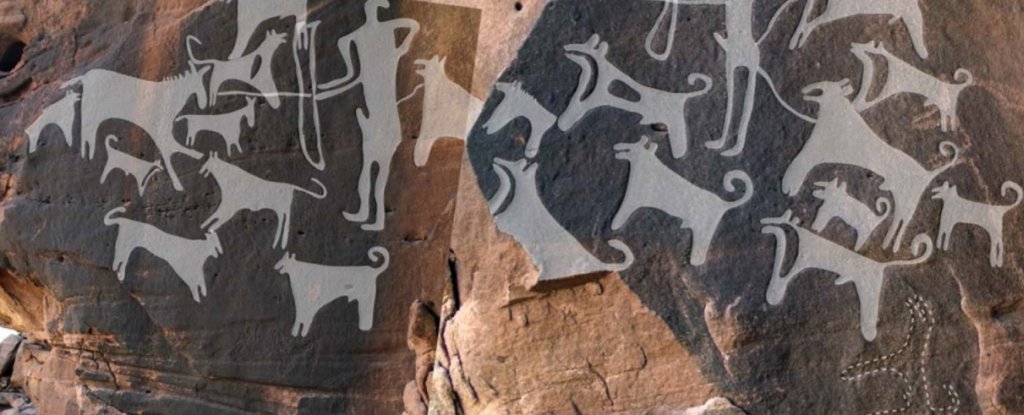
Prehistoric rock art found in Saudi Arabia shows humans hunting with dogs on leashes - and it looks like those pictures could be at least 8,000 years old, making them the earliest art depicting dogs.

Fossil leaves from Africa have resolved a prehistoric climate puzzle -- and also confirm the link between carbon dioxide in the atmosphere and global warming.

The next generation of the Sloan Digital Sky Survey (SDSS-V), directed by Juna Kollmeier of the Carnegie Institution for Science, will move forward with mapping the entire sky following a $16 million grant from the Alfred P. Sloan Foundation.

Astronomers have sent a radio message to a neighbouring star system – one of the closest known to contain a potentially habitable planet – and it’s nearby enough that we could receive a reply in less than 25 years.
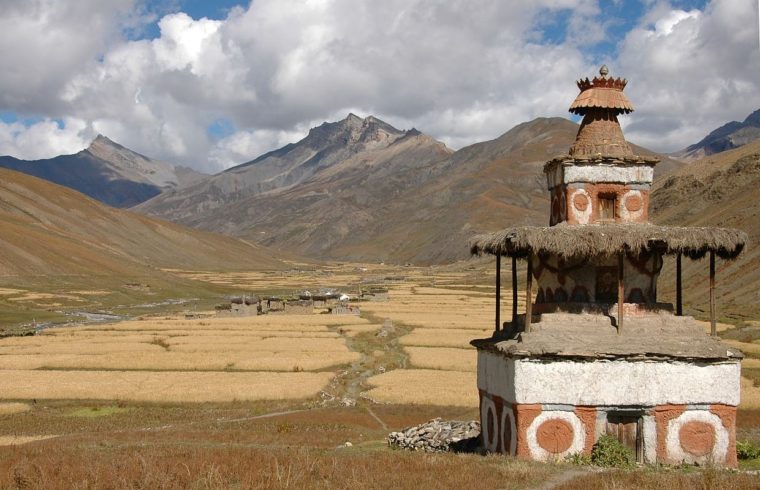
First domesticated 10,000 years ago in the Fertile Crescent of the Middle East, wheat and barley took vastly different routes to China, with barley switching from a winter to both a winter and summer crop during a thousand-year detour along the southern Tibetan Plateau.

Tuesday night saw four separate giant rocks flash across the sky in various locations around the world, as both America and Europe were visited by enormous fiery visitors that lit up the night like fireworks.
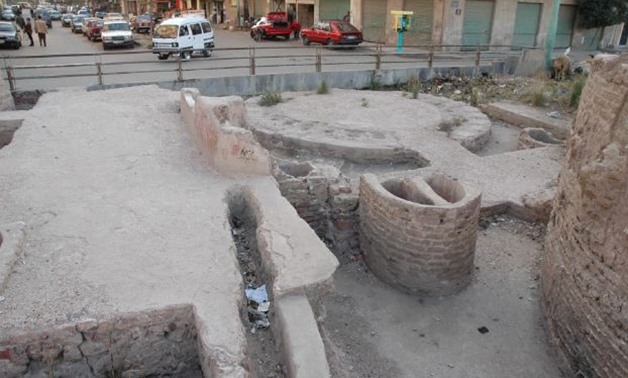
An official mission of archaeological experts unearthed the foundations of a temple for Isis in Tell Atrib located in Banha city, the capital of Qalyubia Governorate.
The ancient art of origami has inspired designs for numerous pieces of hardware on NASA missions, allowing scientists to pack more technology into smaller space-bound packages.

This article seeks to move beyond the view of ancient Australia as a timeless and traditional foundation story to explore the ways in which scientists and humanists are engaging with the deep past as a transformative human history.

It is time for Australia to face the truth about hundreds of Aboriginal prisoners who died on Rottnest Island in the 19th century and are buried in unmarked graves, a leading Aboriginal academic says.

A new study in Heliyon suggests that Neanderthals survived at least 3,000 years longer in Spain than we thought.

Just miles from the Great Pyramid of Giza, 50,000 objects will be displayed throughout the museum in total, and 30,000 have never been seen before.

A hominin skull found in China may be proof that a separate branch of Homo sapiens sprouted in Asia with no connection to the known startup in Africa. Not only that, this skull is older than all known Homo sapiens fossils.

A new analysis of a meteorite called Bunburra Rockhole has revealed that the rock originated from a previously unknown parent asteroid.




